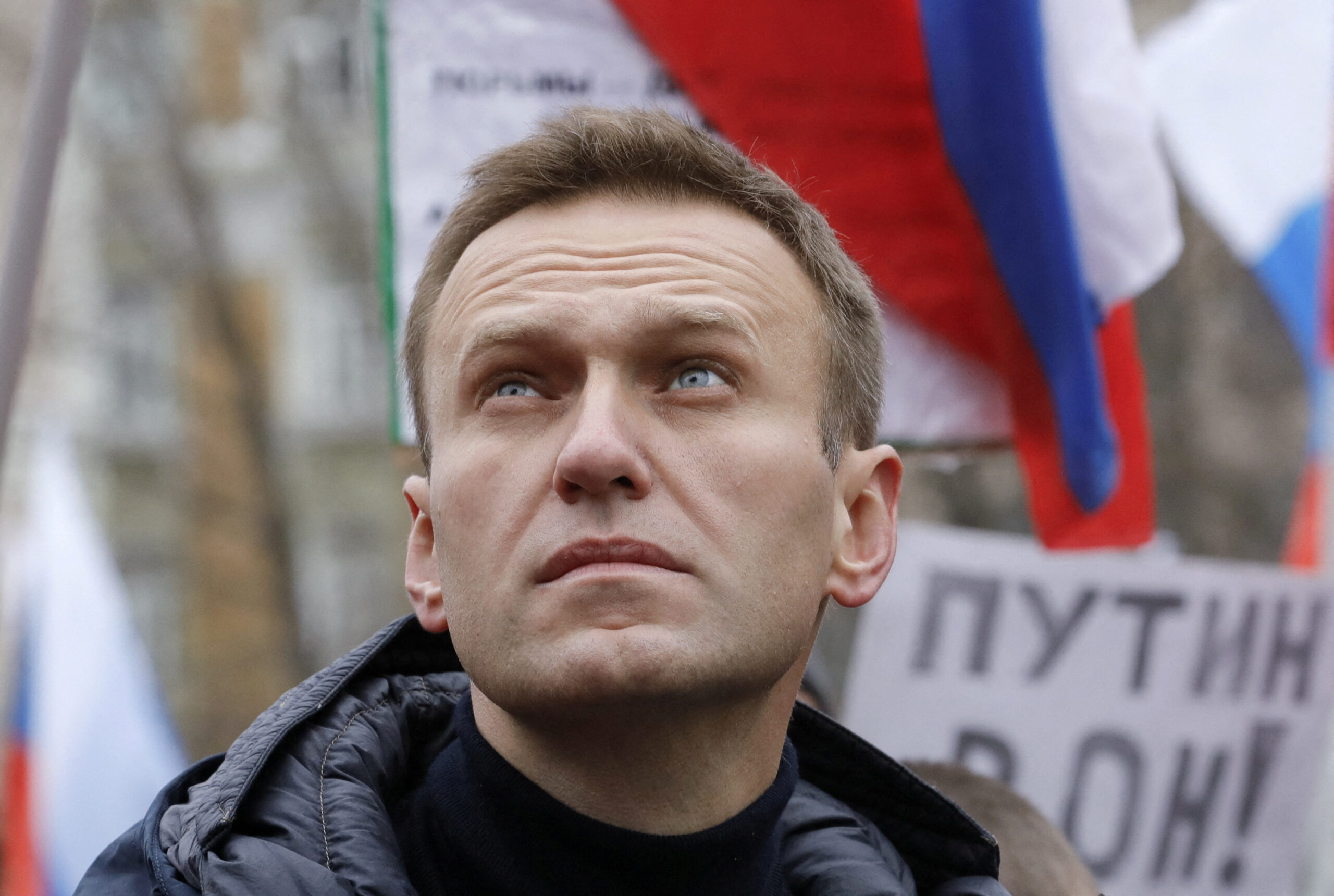Death was likely the only means by which Alexei Navalny could break free from his unjust incarceration in Russia, whether by his own hand or at the hands of Russian President Vladimir Putin. Reports from Russian media claiming Navalny’s sudden death during a stroll in the Arctic penal colony where he was detained provide a grim conclusion to his story.
As the prominent figure of the genuine anti-Putin opposition in Russia, Navalny, a former lawyer, blogger, anti-corruption crusader, presidential candidate, and prisoner, represented for many the most viable democratic alternative to Putinism. Despite Russian public indifference, Navalny managed to establish a national movement rooted in exposing the widespread corruption and criminality within Putin’s regime. While he never stood a chance of winning the rigged Russian elections or inciting a sudden popular revolt against the country’s leadership, Putin perceived Navalny and his associates as a serious threat.
In the lead-up to Russia’s full-scale invasion of Ukraine in February 2022, Putin took steps to dismantle Russian civil society and independent media, which included targeting Navalny’s Anti-Corruption Foundation (FBK). This crackdown effectively dismantled or neutralized any organizations or influential figures that could have rallied the Russian populace against the war in Ukraine.
Members of Congress are currently being reminded of the critical need to halt Russia’s actions.
After surviving an assassination attempt and recuperating in Germany, Navalny made the bold decision to return to Russia in 2021 to confront certain imprisonment and a probable death sentence for his opposition to Putin. Subsequently, his FBK was labeled an “extremist” organization and forcibly dissolved. The foundation’s offices nationwide were closed, and its remaining members were either imprisoned or forced to leave the country.
During Russia’s parliamentary elections in the fall of 2021, the Kremlin pressured Google and Apple to remove the app linked to FBK’s “Smart Voting” initiative from their online platforms. This initiative aimed to unite voters around specific candidates to challenge Putin’s United Russia party in the Duma elections or, at the very least, expose the authorities’ brazen election fraud.
Navalny and his team possessed a knack for piercing through the grim facade of Putin’s regime. His investigations into Russia’s kleptocracy were infused with Navalny’s authenticity and humor. For instance, his exposé in 2016 on former Russian President Dmitry Medvedev’s luxurious estate, complete with a special building for ducks, went viral and evolved into a symbol of protest in Russia. Similarly, the poisoning incident involving the deadly nerve agent Novichok, orchestrated by his would-be assassins, became another emblem of resistance.
Navalny excelled in identifying issues and language that could mobilize Russians within a system that promoted compliance over dissent. In his early years of opposition politics, this involved leveraging social media and collaborating with controversial groups.
Despite his opposition to the war in Ukraine, not solely due to its criminal and genocidal nature but also because of its detrimental impact on Russia, Navalny did not garner widespread support among Putin’s other victims in Ukraine and beyond.
Navalny’s assassination serves as a stark reminder of two crucial realities.
Firstly, the cycle of violence under Putin’s oppressive rule will persist unless he, his cohorts, and the complicit elements in Russian society are held to account. It is imperative, especially in the context of the ongoing debate in Congress regarding aid to Ukraine, to recognize the urgency of halting Russia’s actions.
Secondly, Navalny’s murder extinguishes the last glimmer of hope for a positive transformation within Russia. By solidifying Putin’s grip on power before the invasion of Ukraine, many pillars of the nascent free Russia post-Soviet era have been dismantled. Free media is once again suppressed, and civil society organizations like Memorial, dedicated to preserving the memory of Soviet repressions, have been disbanded.
Putin’s regime, constructed over the past twenty-five years, thrives on projecting an image of inevitability and invincibility. However, the fear instilled by this system towards individuals like Navalny, or even ordinary citizens on the street, underscores the vulnerability of Putinism. While Putin’s upcoming “re-election” aims to reaffirm his authority, Navalny’s assassination serves as a stark reminder of the extreme measures required to sustain this power.
With Navalny eliminated, Putin has effectively eliminated any genuine alternatives to his rule in Russia, further narrowing the prospects for change. The most viable avenue for catalyzing change within Russia lies in unequivocally defeating Putin’s greatest act of aggression—the war against Ukraine.
